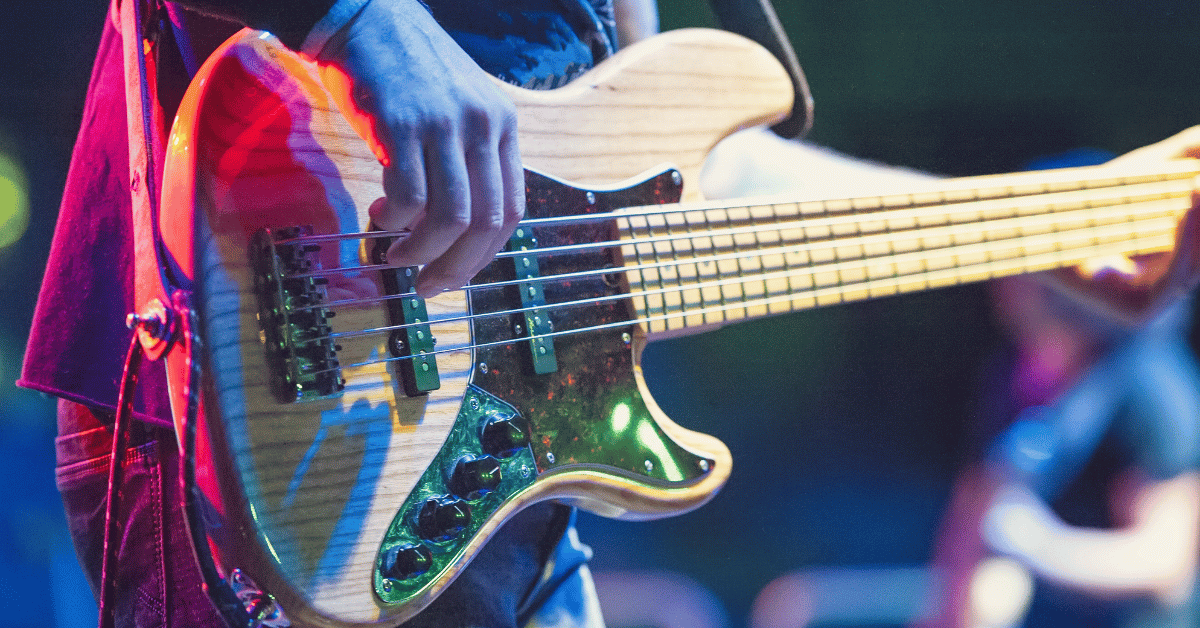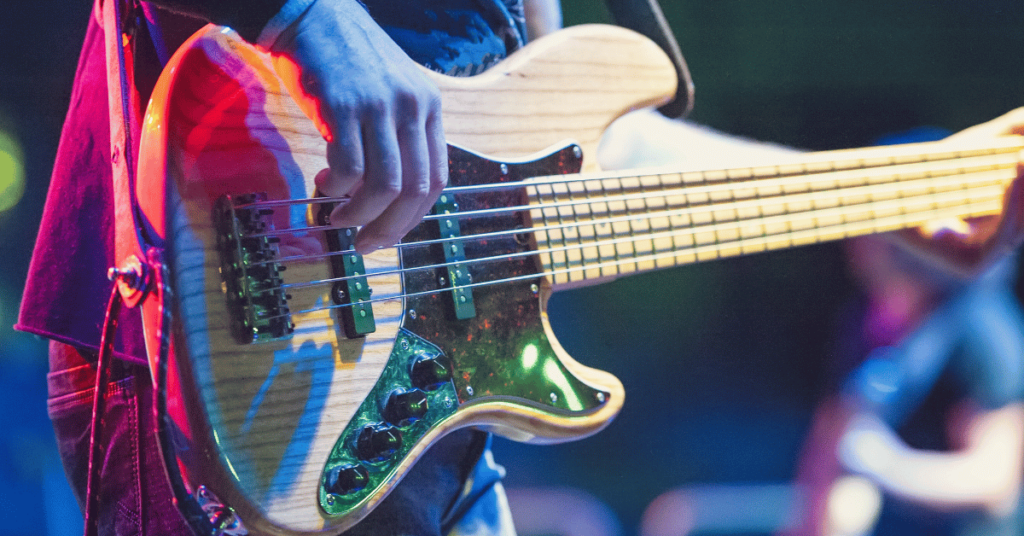Do you remember the first time you ever played keys for a big worship event?
I remember the first time I played keys during an extended worship event. I had learned the songs exactly as they were on the setlist and made sure my gear was set up properly, but felt vulnerable and underprepared if anything were to go wrong.
What if I mess up? What if we transition into a key I’m unfamiliar with? What if my computer freezes up again?
These thoughts were all racing through my mind and caused significant stress and nervousness throughout the entire set. Thankfully nothing happened and I never had to face any of those scenarios that night.
But what if something did happen? I wasn’t prepared to tackle any extra challenges that surfaced that evening.
As a worship keyboardist, there are some steps I should have taken to become more prepared in those moments.
1. Practice Playing In Every Key
As a keyboardist and a musician in general, it’s so easy to caught up playing in our favorite keys. We like the way it feels. We’re confident in our transitions. And we’re able to play songs in these keys without actively thinking about it. This is what we need to be able to do in every key! So how can I improve in this area?
1) Learn the Number System
When learning and thinking about songs and chords in one specific key it makes it difficult to transpose them quickly and efficiently. However, by using the number system all of those chords are represented by numbers. So it doesn’t matter how many key changes you have, the chord progression will always stay the same.
2) Practice your scales & chord inversions
In order to take full advantage of the number system and transposing you’ll have to become more familiar with the keys that you don’t often play in. Playing up and down the keybed in each of these keys in 3-octave spreads helps reinforce those keys and trains your fingers.
One of the best times to play a few scales is right before you start practicing a song in a harder key.
In our Theory 101 video, we cover scales and intervals!
3) Play your favorite and most well-known songs in every key
Since the chord and melodic progressions are already familiar to you it will make learning additional keys a little bit easier. Playing through generic chord progression and practicing your inversions also will help reinforce these new keys. The more time you spend in unfamiliar keys the faster they’ll become comfortable to play in!
2. Over-prepare Tricky Passages
When learning a new part, lead line, or anything complicated it’s not enough to barely nail the part.
When playing on stage there are many opportunities to become distracted just enough to mess up while playing. ESPECIALLY IF YOU ARE NERVOUS!
This means that you’ll need to practice those passages a little extra so that even if something unexpected happens during the set, your muscle memory will kick in and you’ll be able to play the part without any mistakes.
A great way to practice difficult parts is to start by playing them slowly and then slowly increase the speed without compromising the accuracy of the notes.
There are quite a few techniques that can be used to learn and master ANY part you’re trying to learn. Similar to playing in unfamiliar keys, the idea is to practice enough so that you can play the part without stressing over each individual note.
3. Have A Variety Of Sounds & Patches
Traditionally a keyboardist would be playing on a standalone acoustic or digital piano without any alternative sounds or textures.
For many contexts this setup still works great, however when playing in a scenario that relies heavily on other textures like pads, drones, leads or arps, it’s important to have a variety of different sounds and patches for the duration of the set.
Layering sounds is one great way to introduce variety and flexibility into your sound/patch library.
A classic layer combo is to have a digital piano sound with a filter on one layer, and a full pad with a filter on another layer. This would allow you to raise the level of each part individually and build or decrease in intensity with the use of filters. For songs that require specific patches and textures, they can either be created from scratch or many can be found in our patch store!
4. Create A Backup Plan
Despite all our best efforts things can and do go wrong. This can range from keys rig crashes and freezes to electrical issues and bad cables.
So what happens in these scenarios?
Exactly what you’ve set in place before something went wrong! The best backup plan is communication beforehand.
If you have onboard sounds on your keyboard that can be used in the event that your rig crashes then that would need to be communicated to the sound engineer. If you don’t have any backup keys sources, then communicating with the guitarist (or another musician) that they might need to take the lead and cover your parts would be a great solution if something were to go wrong.
Creating a system and communicating with your team will allow things to keep running smoothly regardless of technical difficulties.
Implementing even a few of these steps into your workflow as a keyboardist will create a noticeable impact on your preparedness and overall stress levels.
Playing keys for worship should not be stressful, but it often is for those who aren’t prepared! So make sure you have these 4 things nailed down & we know you’ll be able to effortlessly handle anything that gets throw your way!
You may also be interested in these posts!
- How To Become A Better Musician [PODCAST]
- 6 Little Known Ways the Best Musicians Practice
- The Secret to Mastering Any Worship Song
- Keys Rig Rundown: Gear & Software
- The 9 Best Keyboards for Worship
- 5 Tips for Practicing Difficult Parts






